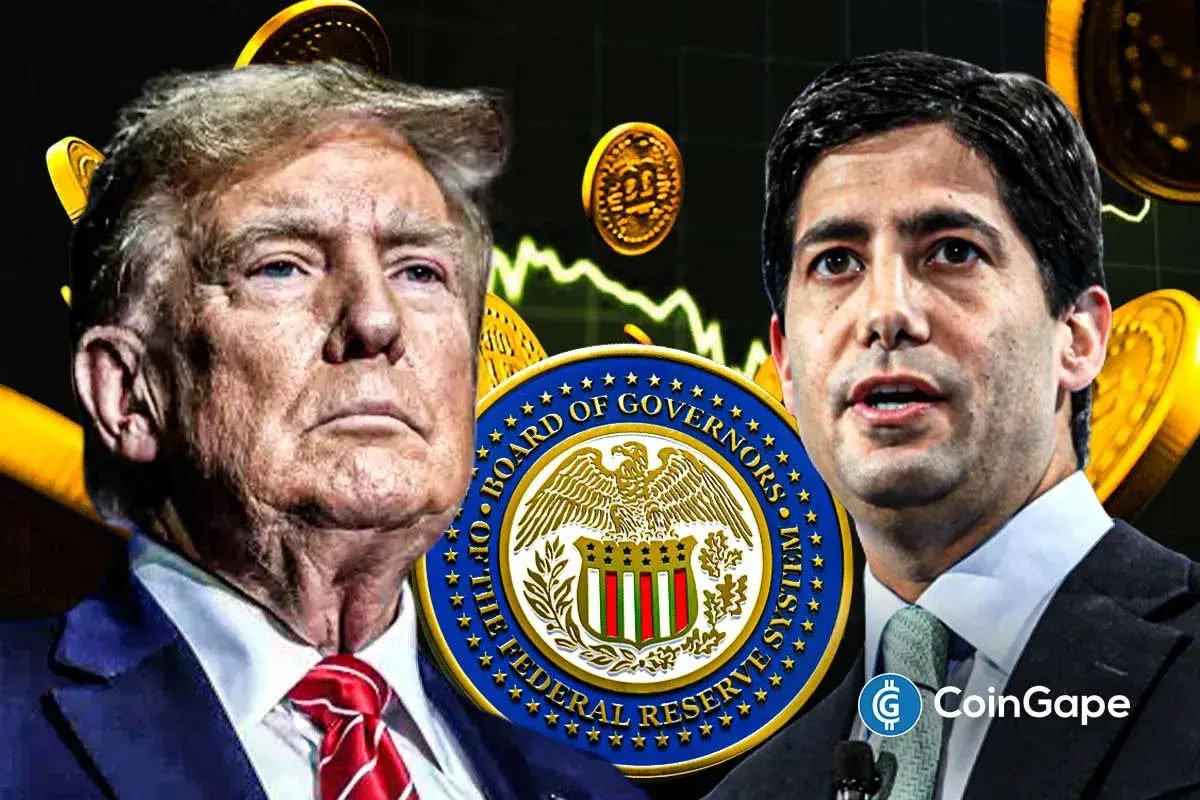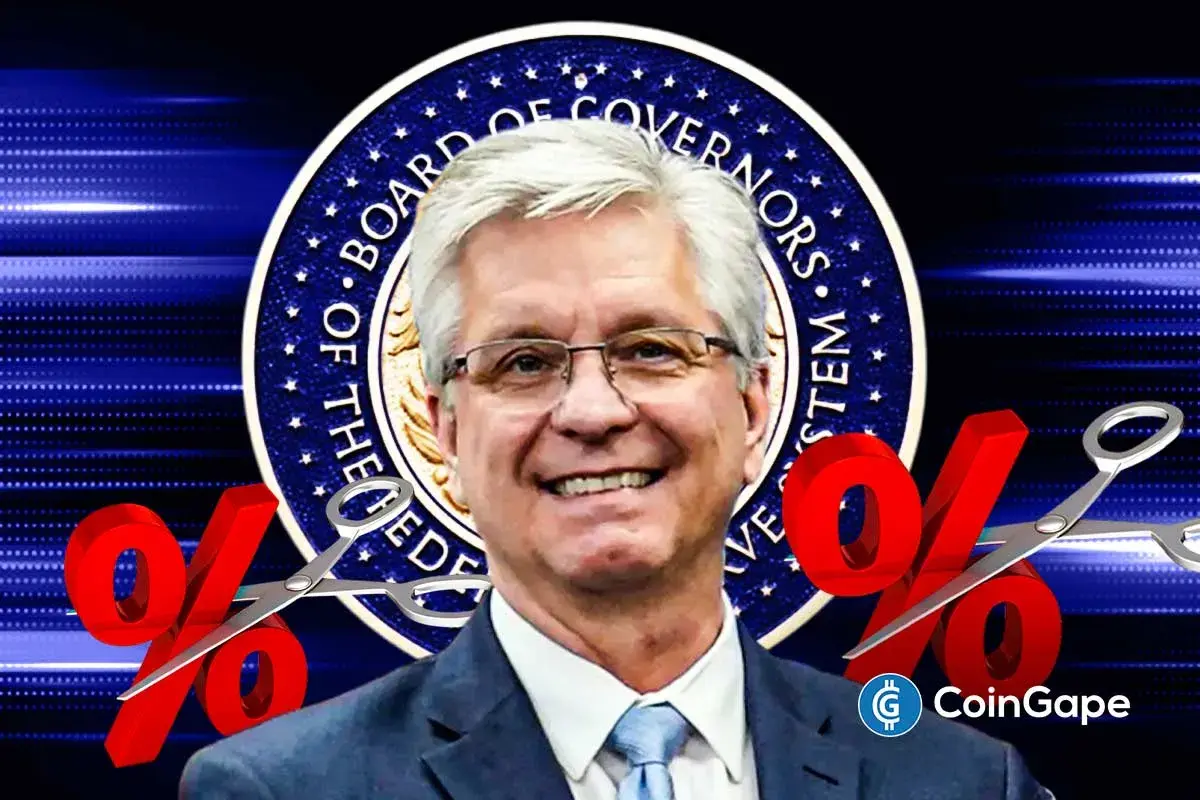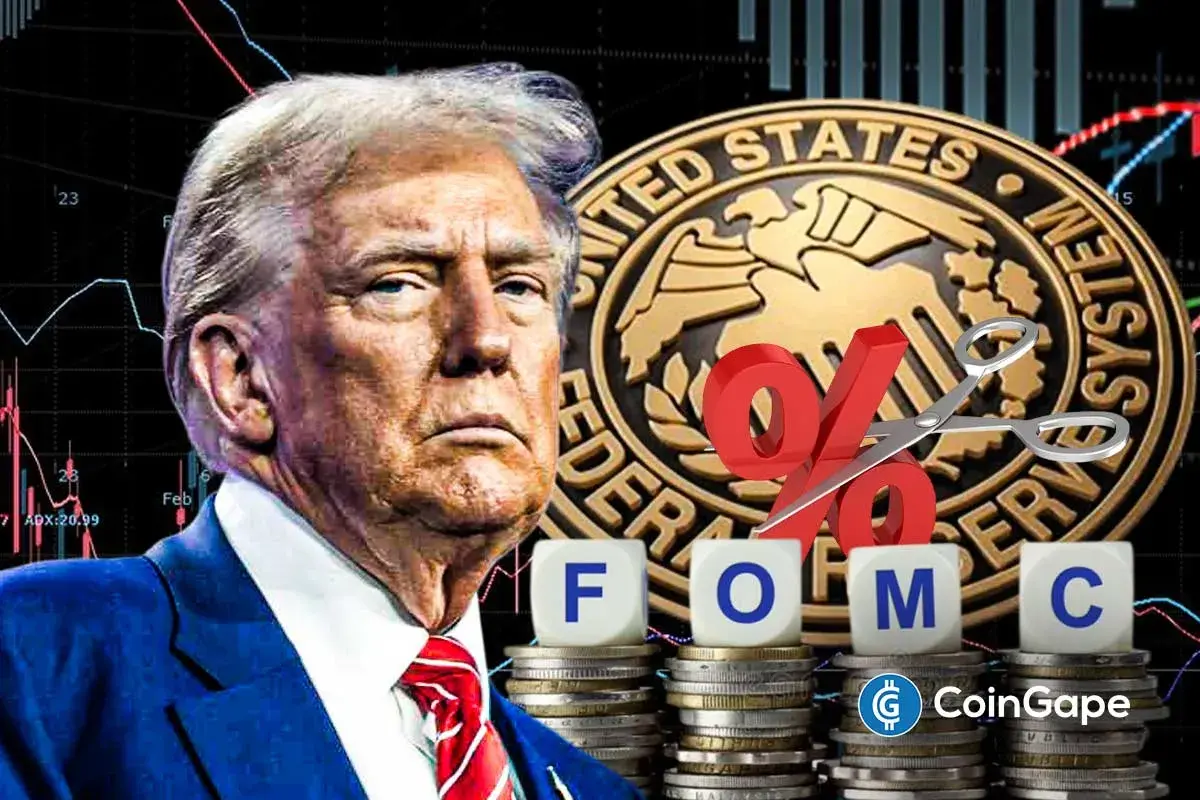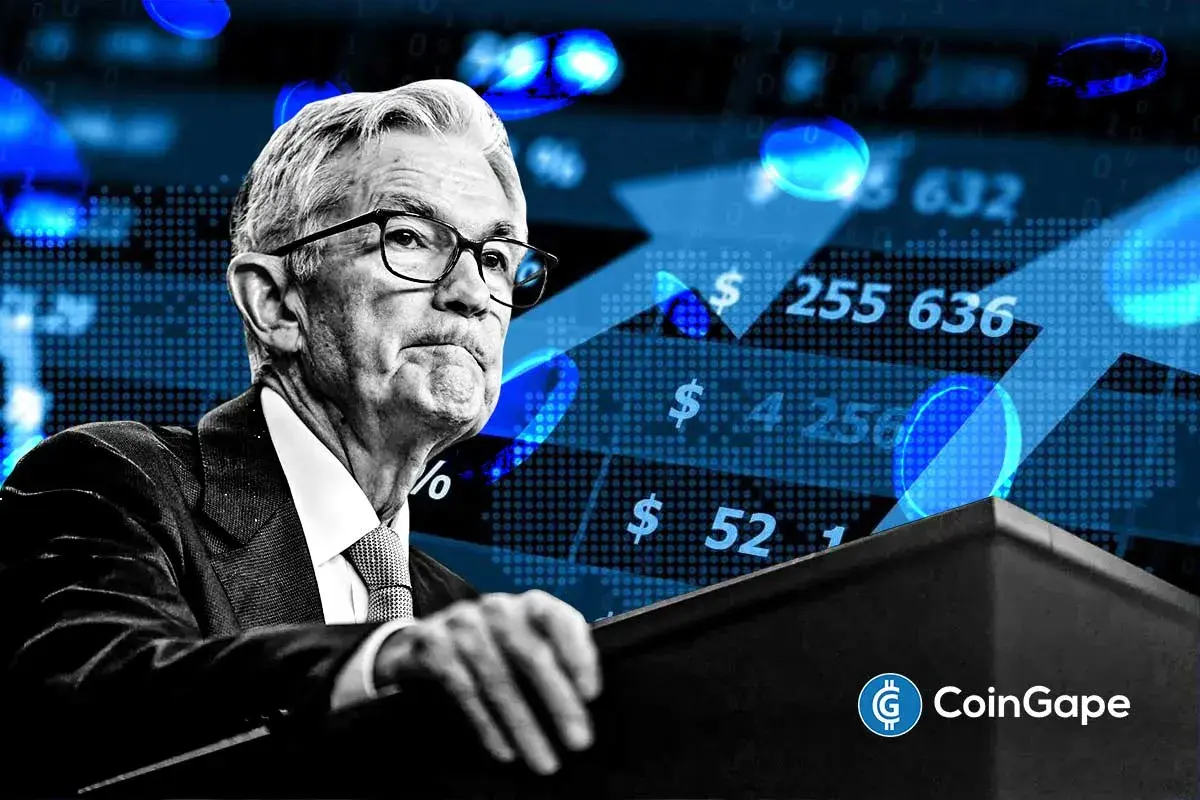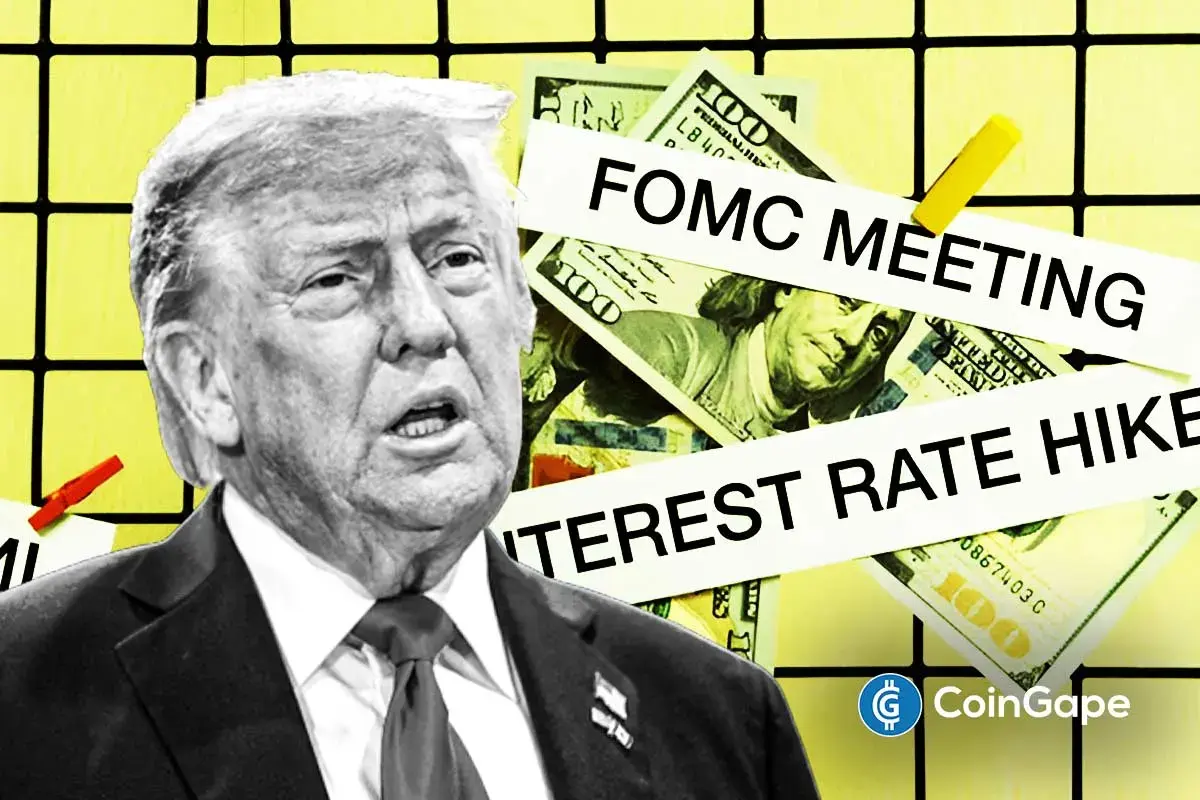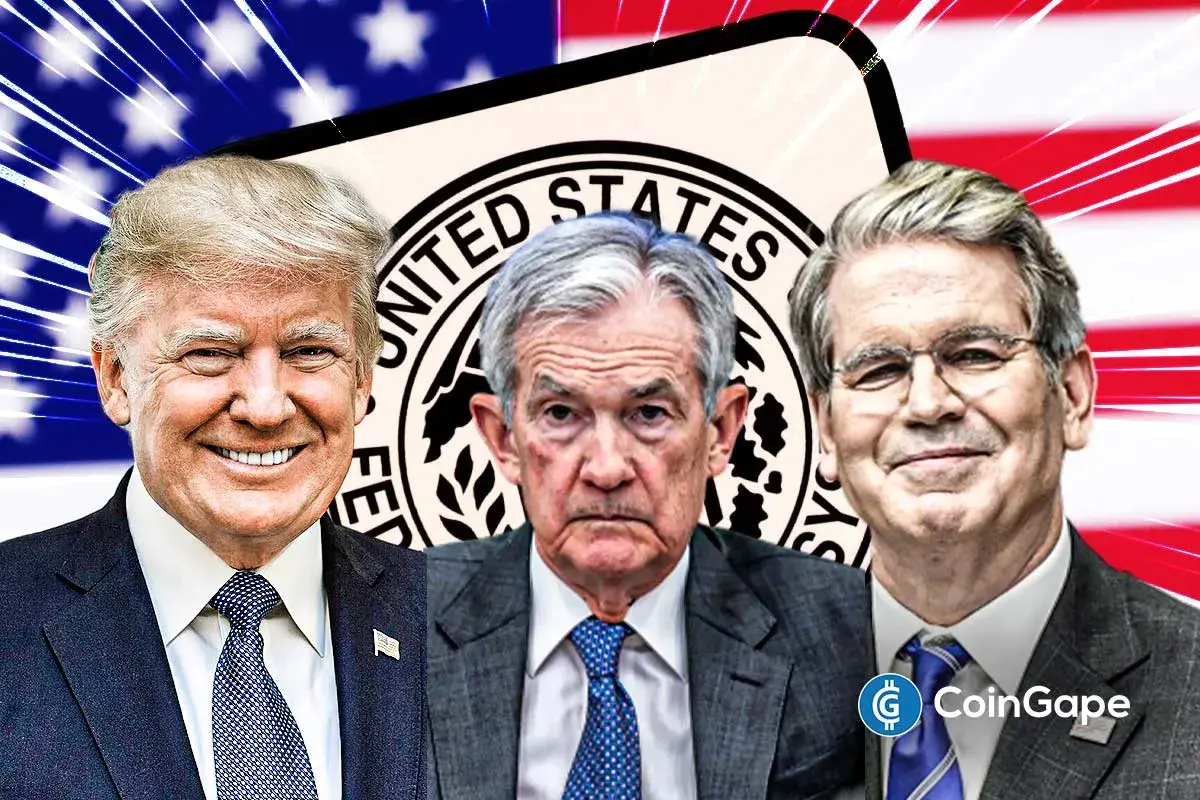Fed Governor: Not Having A Digital Dollar Is Not An Option Anymore

It is clear that the next big economic dominance will depend a lot on the central bank digital currencies (CBDCs), and the top two economies – the U.S. and China – are taking the battle to the next level.
Last Friday, July 30, Fed Governor Lael Brainard stressed that not having a Digital Dollar in place is no more an option. Brainard note several reasons of “urgency” behind this issue, reports Reuters. Speaking to the Aspen Institute Economic Strategy Group, Brainard said:
“The dollar is very dominant in international payments, and if you have the other major jurisdictions in the world with a digital currency, a CBDC (central bank digital currency)offering, and the U.S. doesn’t have one, I just, I can’t wrap my head around that. That just doesn’t sound like a sustainable future to me.”
Probably by this month-end, the U.S. central bank might release the official research paper on CBDC aka the U.S. Digital Dollar. The Fed has involving itself to a great extent in the digital currency universe.
Even Federal Reserve Chairman Jerome Powell has been keen on this matter! Last month in July, the Fed Chairman gave a press statement stating that the world won’t need public cryptocurrencies once they have the Digital Dollar.
Combating the Rising Clout of Stablecoins
One more thing that’s making the Fed nervous is the rising clout of stablecoins aka the fiat-pegged cryptocurrencies. The Fed governor noted that these stablecoins aren’t backed by any government.
Lael Brainard further added that stablecoins can fragment and proliferate the financial system. She added:
“In a world of stablecoins you could imagine that households and businesses, if the migration away from currency is really very intense, they would simply lose access to a safe government backed settlement asset, which is of course what currency has always provided.”
Besides, she adds that CBDCs can play a key role in passing the stimulus benefits, especially during the time of such a pandemic. Explaining further importance, she stated: “One of the most compelling use cases is in the international realm, where intermediation chains are opaque and long and costly”.
Play 10,000+ Casino Games at BC Game with Ease
- Instant Deposits And Withdrawals
- Crypto Casino And Sports Betting
- Exclusive Bonuses And Rewards

- U.S.–Iran War: Bitcoin Price Extends Decline as Oil Prices Surge To Two-Year High
- Bitcoin Treasury Firm MARA Considers Selling BTC Reserves After Policy Update
- Cardano Founder Warns Over CLARITY Act, Cites Lack of Protection for DeFi, Stablecoins, Prediction Markets
- Core Scientific Sells 1,900 BTC as Bitcoin Miner Pivots to AI, CORZ Stock Dips
- Bitcoin News: VanEck CEO Projects Gradual BTC Rally in 2026 as ETFs Sees $458M Inflows
- Circle Stock Price Climbs 15% to $96, Can Rally Continue in March 2026?
- Bitcoin Price Prediction as US-Iran War Enters 4th Consecutive Day
- Top 5 Historical Reasons Dogecoin Price Is Not Rising
- Pi Coin Price Prediction for March 2026 Amid Network Upgrade, KYC Boost, Rewards Distribution
- Gold Price Nears ATH; Silver Eyes $100 Breakout on Us- Iran War
- Bitcoin And XRP Price As US Kills Iran Supreme Leader- Is A Crypto Crash Ahead?

 Buy $GGs
Buy $GGs






